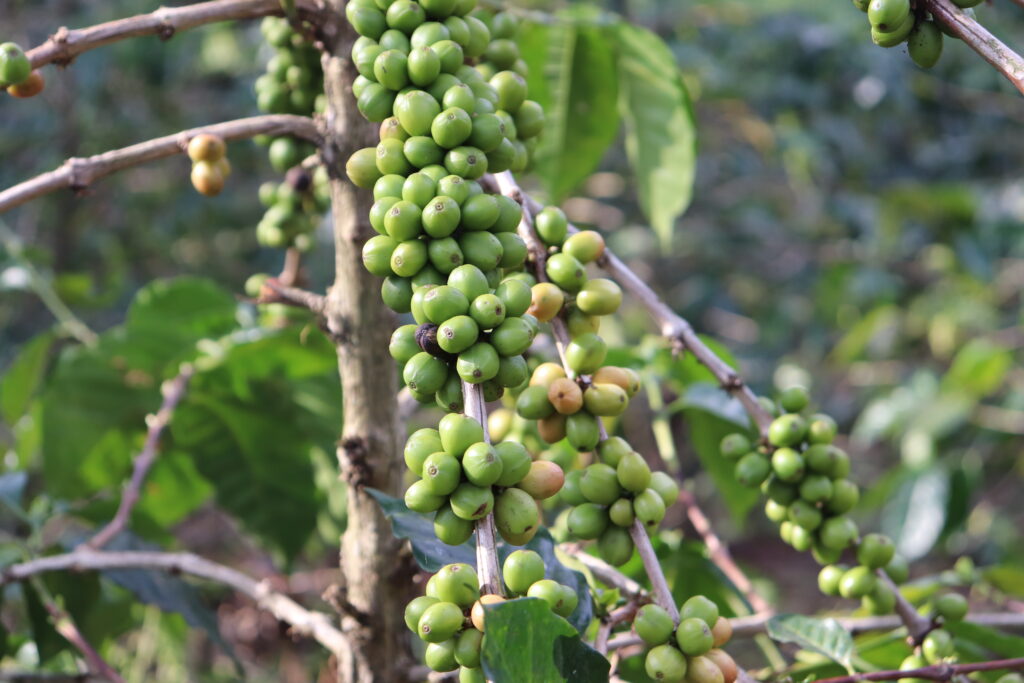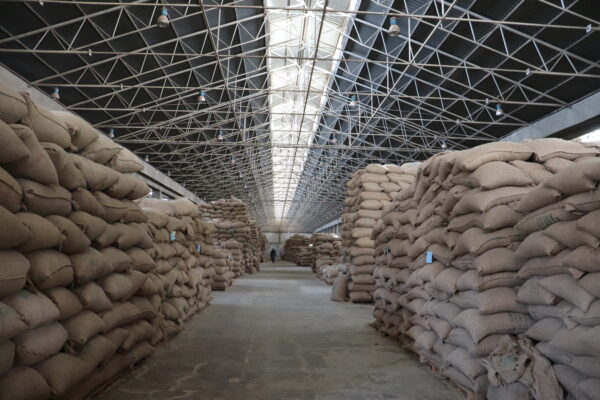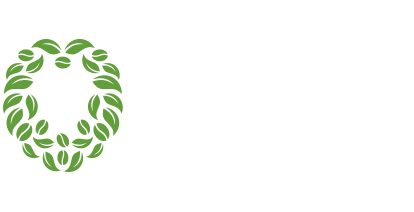Sourcing in Ethiopia
Coffee is the backbone of Ethiopia’s economy and accounted for more than 29% of all exports in 2018/2019. This brought in over $1 billion in revenue for the country & more importantly, income for Ethiopians across both the rural and urban regions. What’s interesting about the Ethiopian coffee market aside from the fantastic flavour profiles, is how the coffee reaches the international market.
Who actually grows the coffee?
To understand how Ethiopian coffee reaches the international market, logically the first place to start would begin with the actual farmers. Coffee in the country is produced by these three main groups:
01 Smallholder farmers account for 95% of all Ethiopian coffee grown
02 Cooperatives which are groups of smallholder farmers
03 Private farms account for the remaining 5% of all Ethiopian coffee grown

01 Smallholder Farmers
Smallholder farmers are everyday Ethiopians who cultivate cash-crops on their residential plots of land (like flowers in your garden) as a means of income. Most smallholders typically cultivalte plots which range from 1-2 hectares in size. The coffee is grown alongside the indigenous trees & natural vegtation, providing the ideal shade underneath the forest canopy.
Once the coffee cherries begin to turn dark red, you know they are ripe and ready for picking. Farmers along with their children will handpick all the fresh cherries on their plot, typically yielding between 150-250kgs. These cherries are delivered to washing stations which are privately owned. The washing stations will inspect & weigh the coffee in order to compensate the Smallholder farmers accordingly.
Washing stations would then pulp & ferment the washed coffees (or just sun dry the coffees dedicated for natural process) which leaves them with a thin layer of parchment. The beans are bagged and stored with this thin layer of parchment in-tact before being sold to either the Ethiopian Commodity Exchange (ECX) or to an exporter with a drymill who can haul the beans and secure sales contracts directly with international buyers.
Ethiopian Commodity Exchange (ECX)
 The Ethiopian Commodity Exchange (ECX), was formed in April of 2008 with the objective of developing an efficient and modern trading system that would bring price stability to Ethiopian producers. Just like any commodity exchange you may find in North America, the ECX is comprised of a central trading system with warehouse delivery centers, product certification specialists, partnerships with commercial banks (who perform the trade settling and clearing duties), and several other third party actors.
The Ethiopian Commodity Exchange (ECX), was formed in April of 2008 with the objective of developing an efficient and modern trading system that would bring price stability to Ethiopian producers. Just like any commodity exchange you may find in North America, the ECX is comprised of a central trading system with warehouse delivery centers, product certification specialists, partnerships with commercial banks (who perform the trade settling and clearing duties), and several other third party actors.
During the period of 2008 to 2018, the ECX would forego any traceability practices and only group coffees based on the regions which they were grown. They were then further categorized into grades based on the quality and cupping score of the specific lots; hence, the names used to traditionally market and identify Ethiopian coffees (e.g. Yirgacheffe, Harrar, Djimmah, etc.) and the grades associated (grades 1 – 5).
Now, coffee sold on the ECX is fully traceable and can even be sold directly to an exporter outside of the ECX so long as washing station owner can present an export permit within three days from the date their parchment arrives at one of the ECX’s regional warehouses. If the coffee remains unsold after three days, it will be sold on the existing ECX platform, but with traceability intact.
02 Cooperatives
Cooperatives are a group of smallholder farmers which are typically all located within a close proximity. The members of these cooperatives will work together by combining their financial means to acquire the proper processing equipment (washing stations); along with labour to help handpick all the members’ cherries.
By law, coops are exempt from having to sell their coffee on the ECX, however, they are required to work under a Cooperative Union. These are larger organizations that represent regional groups of Cooperatives and are responsible for hulling and exporting the coffee produced by their cooperative members. Some of the most well-known Cooperative Unions include the Yirgacheffe Union, Sidama Coffee Farmers and Oromia Coffee Farmers Cooperative Unions.
03 Private Farms

Private farms are larger operations (think commercial) which are owned by individuals and or companies. These players are responsible for the cultivation of the remaining 5% of all Ethiopian coffee. They carry their own export license, allowing them to grown, process and export coffee directly to the international market.
These farms are not typical in Ethiopia due to the large financial commitment needed for working capital; not only do the farm owners require greater than 30 hectares of land to cultivate, but they must also employ hundreds of pickers & labourers while providing them with market wages, residency during the harvest, food and medical services.
Private farms will have washing stations located on their premises, allowing them to quickly process cherries as soon as they are picked. Once their coffee is processed with the parchment layer in-tact, it is bagged and trucked to a third-party dry mill in Addis Ababa to be hulled and exported.
Since 2018, any landowner is now able to cultivate coffee and export directly to market, however, this still requires access to a washing station, dry-mill and export license.

